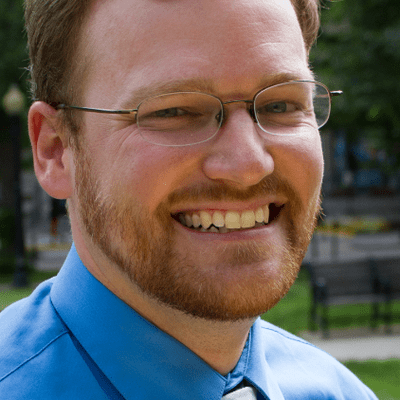Introduction
Convenience store giant 7-Eleven, one of the highest profile companies to donate to a super PAC during the 2012 election cycle, is returning to more traditional territory and reconstituting its corporate political action committee.
Paperwork received Monday by the Federal Election Commission indicates Keith Jones, 7-Eleven’s senior director of government affairs, is the treasurer of the new company PAC, which will be funded by employees and primarily used to provide financial support political candidates.
“Our franchisees expect us to participate in the political process,” Jones told the Center for Public Integrity, adding that the PAC intended to support politicians on both sides of the aisle “who are supportive of small business” and retailers’ issues.
The maker of Big Gulps and Slurpees, which had previously operated a corporate PAC for decades, shut down its most recent PAC in March 2009. Declining participation prompted the closure, Jones said.
Unlike political powerhouses that routinely see millions of dollars pass through their coffers, 7-Eleven’s PAC spent a mere $10,000 during the 2008 election cycle, records show.
During its height in the 1986 election cycle, the PAC doled out about $120,000, according to Roll Call. The PAC hasn’t spent more than $32,000 during a two-year election cycle since the 1992 cycle, according to the Center for Responsive Politics.
Jones predicted that 7-Eleven would no longer make super PAC contributions and that the new PAC would become the preferred vehicle for company employees who want to support federal candidates.
Last year, when 7-Eleven went without a PAC, it made a $25,000 investment in a super PAC that backed moderate Republican Sen. Dick Lugar of Indiana.
The corporate super PAC donation, rare for a retail company, came during the six-term incumbent senator’s contentious primary fight with Richard Mourdock, who ultimately bested Lugar by 20 percentage points.
Jones said the company’s involvement in that race was a “no brainer for us” because of Lugar’s responsiveness to retailers, such as standing up to the banking industry on a proposed delay to limit debit card swipe fees in 2011.
“It was small business versus big banks,” Jones said.
Beloved by conservative tea party activists, Mourdock later lost the general election to Democratic Rep. Joe Donnelly. During an October debate, Mourdock said that pregnancies that result from rapes are “something that God intended to happen” — a statement that angered many voters.
7-Eleven, which describes itself as “the world’s largest convenience retail chain,” is a subsidiary of the Japanese firm Seven & I Holdings Co., Ltd.
Beyond the PAC arena, 7-Eleven has also regularly invested six figures in government lobbying efforts. Records show it spent $160,000 on federal lobbying during the first six months of 2013.
Super PACs, such as the one to which 7-Eleven contributed $25,000 in 2012, arose in the wake of the U.S. Supreme Court’s Citizens United v. Federal Election Commission decision in 2010 and a subsequent lower court ruling called SpeechNow.org v. Federal Election Commission.
The high-octane political committees are legally allowed to accept contributions of unlimited size from corporations, labor unions and individuals and spent that money on political advertisements, so long as those expenditures are not coordinated with candidates’ campaigns.
Read more in Money and Democracy
Primary Source
Politicians filling coffers as fiscal battles rage
Democrats, Republicans alike use Obamacare defunding, budget clash to raise political cash
Primary Source
GOP lawyer launches political donation refund group
Effort comes ahead of Supreme Court’s McCutcheon v. FEC case over whether donors can give more

Join the conversation
Show Comments